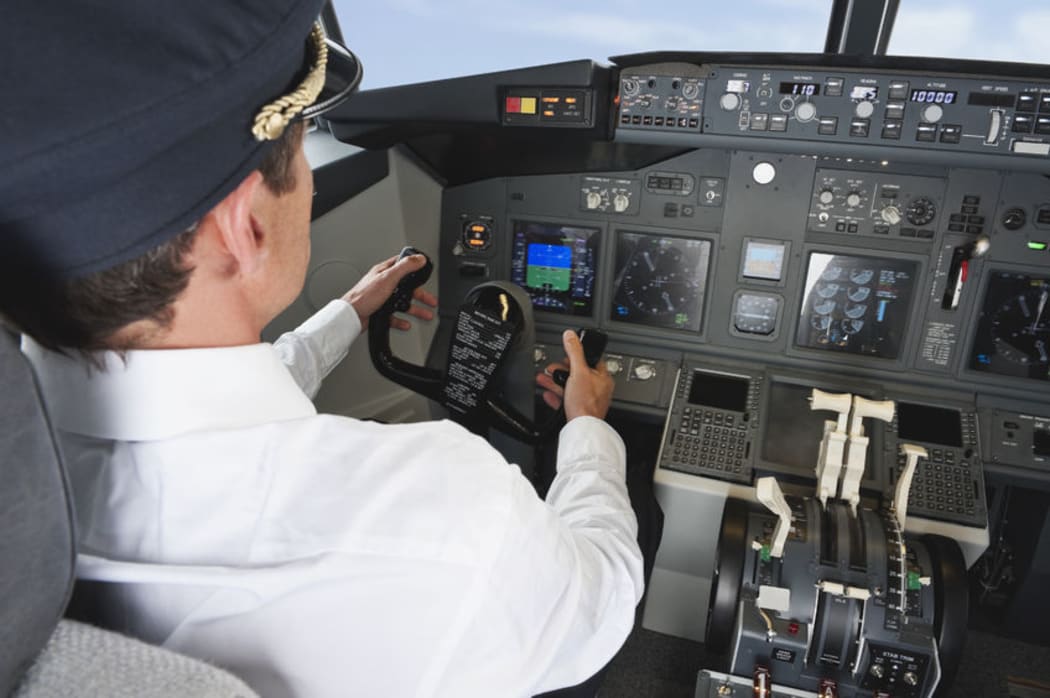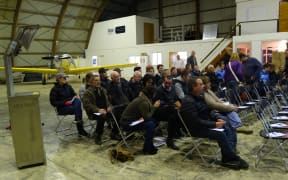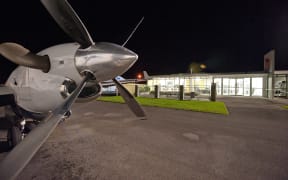Pilots are sleeping in cars and being paid just $5 an hour in a bid to gain the experience needed for a better job, their union says.

Young pilots are performing safety-critical tasks for free to get ahead, the Air Line Pilots' Association says. Photo: 123RF
Those who have just finished flight school - often with about $100,000 in student loans - need to gain experience to get well-paid jobs with airlines.
Air Line Pilots' Association advocate Tom Buckley said those pilots were so desperate to work, they were flying tired, and would perform safety-critical tasks such as flight planning and checking the weather for free.
"We've got reports of pilots saying their colleagues are sleeping in cars because they can't afford to pay rent, we've got examples of people reporting to us they're being paid as little as $5 an hour.
"Quite often we hear pilots calculating the amount they get paid against the amount they work, and coming back to us saying 'I think I'm paid less than the minimum wage'," he said.
The pilots were afraid to complain in case it harmed their future career, Mr Buckley said.
Employers were using zero-hour contracts, piecemeal pay or "independent" contracts to pay the pilots less than the minimum wage, he said.
The union was still trying to find out how widespread the problem was, he said.
No reports of pilots being treated badly - Aviation NZ
Aviation New Zealand said it would remind its members not to flout minimum standards, such as rest breaks or minimum wage, when offering young pilots work.
Chief executive John Nicholson said pilots should not have to build their hours at the expense of poor working conditions.
But he said he was not aware of any pilots being treated that way.
"We would remind [our members] that things like zero hour contracts are not legal, that they must be paying the minimum wage, and we would expect them as responsible operators to be looking after the welfare of their employees," he said.
Flight schools, which often employed junior pilots as instructors, were now offering fixed-term contracts with better wages, Mr Nicholson said.
In response to questions about pilots flying tired because they were waiting around at airfields in the hope of work, the Civil Aviation Authority said fatigue was a real risk that needed to be managed.
"Measures include rostering systems that ensure staff are given reasonable breaks between shifts to refresh and get adequate sleep, and limitations on the number of flying hours staff can fly over a given period.
"We're not aware of it becoming an increasing problem in the sector, but whenever we receive concerns or have evidence that it is not being managed properly, we will investigate.
"The Civil Aviation Authority has recently set up an industry-wide Fatigue Risk Management Panel to help us better understand how fatigue affects different individuals and different sectors of aviation so we can raise awareness and educate the aviation community about the importance of managing fatigue effectively," it said in a statement.





